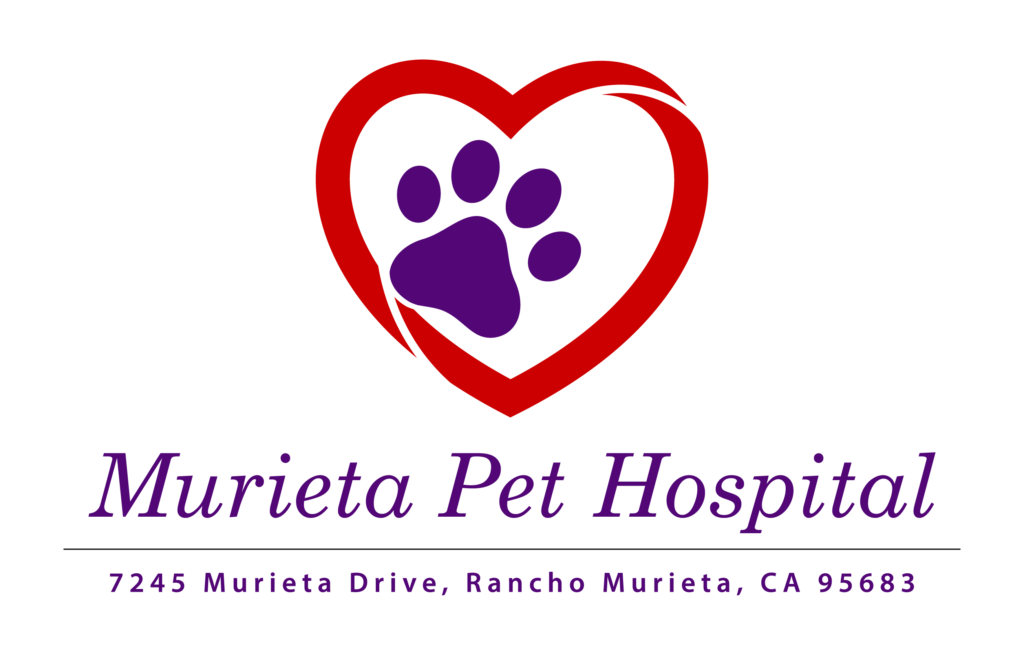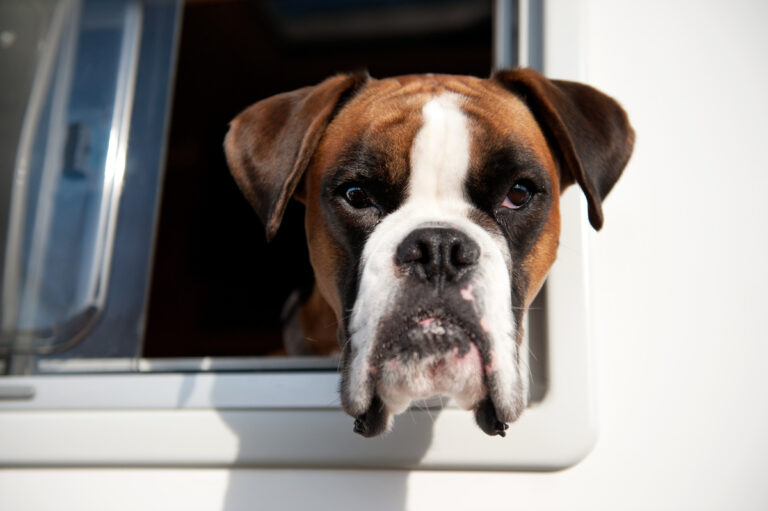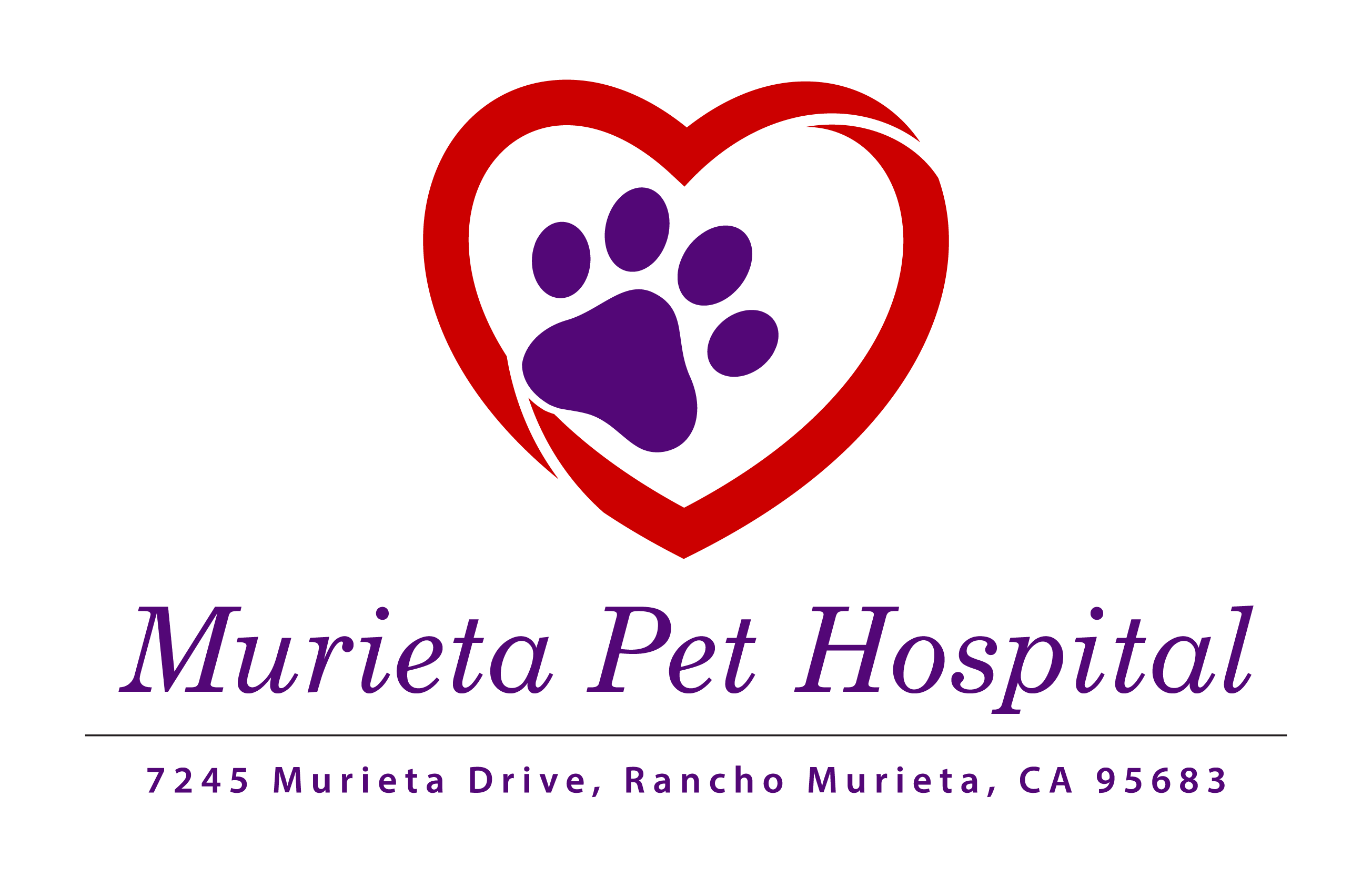Bulldogs, with their wrinkled little faces and stocky builds, have adorable physical traits that come with specific health challenges that every bulldog owner should understand. Their unique anatomy—from their compressed facial structure to their compact body type—makes them susceptible to certain medical conditions that require attentive care and proactive management.
At Murieta Pet Hospital, we specialize in bulldog health care and are dedicated to helping your four-legged family member live a comfortable, healthy life. As UC Davis graduates with extensive experience in bulldog-specific conditions, our veterinary team provides comprehensive care tailored to your bulldog’s unique needs.
Respiratory Challenges in Bulldogs
Bulldogs are brachycephalic breeds, meaning they have shortened facial bones and compressed airways that can lead to breathing difficulties. Brachycephalic Obstructive Airway Syndrome (BOAS) encompasses several conditions affecting your bulldog’s ability to breathe normally.
The most common respiratory issues in bulldogs include:
- Stenotic nares (narrowed nostrils)
- Elongated soft palate
- Hypoplastic trachea (narrowed windpipe)
- Everted laryngeal saccules (tissue that gets pulled into the airway)
- Collapsed larynx
These conditions can cause your bulldog to snore, wheeze, or have labored breathing, especially during exercise or in hot weather. In severe cases, they may experience cyanosis (blue-tinged gums), indicating oxygen deprivation.
To help prevent respiratory complications, maintain your bulldog at a healthy weight, as excess pounds worsen breathing difficulties. Avoid exercising your bulldog during hot weather, and opt for air-conditioned environments during summer months. For bulldogs with severe respiratory issues, surgical intervention may be necessary to widen nostrils or shorten an elongated soft palate.
Skin Fold Dermatitis and Infections
Those adorable wrinkles on your bulldog’s face and body create warm, moist environments where bacteria and yeast thrive. Without proper care, these areas can develop infections, causing discomfort and potentially serious skin conditions.
Regular skin fold cleaning is crucial for prevention. Gently clean between your bulldog’s wrinkles with a soft, damp cloth and pet-safe wipes daily, especially after meals or outdoor activities. Thoroughly dry these areas afterward to prevent moisture buildup. For bulldogs with severe fold issues, medicated wipes recommended by your veterinarian can help manage bacterial and yeast growth.
Pay special attention to the facial folds, tail pockets, and vulvar folds in females. These areas are particularly prone to irritation and infection. Signs may include redness, swelling, foul odor, and your bulldog scratching or rubbing the affected area.
Joint and Mobility Issues
Bulldogs’ compact, muscular build predisposes them to several orthopedic conditions that affect mobility and quality of life as they age.
Hip Dysplasia
This occurs when the hip joint doesn’t fit properly into the hip socket. Over time, this misalignment leads to arthritis, pain, and decreased mobility. While genetic factors play a significant role, maintaining a healthy weight can reduce stress on your bulldog’s joints and minimize symptoms.
Patellar Luxation
This condition involves the kneecap (patella) slipping out of its normal position. You might notice your bulldog occasionally skipping or hopping on a hind leg. Mild cases may be managed with anti-inflammatory medications and physical therapy, while severe cases may need surgical correction.
To support joint health, appropriate exercise should be provided to build muscle without overexertion. Swimming and controlled leash walks are excellent options. Consider joint supplements containing glucosamine and chondroitin under veterinary guidance, especially as your bulldog ages.
Eye Conditions
Bulldogs’ prominent eyes and facial structure make them susceptible to several ocular conditions that require vigilant care.
Cherry eye is when the third eyelid gland prolapses, appearing as a red mass at the inner corner of the eye. While not immediately painful, it can lead to chronic irritation if left untreated. Surgical repositioning is typically the recommended treatment.
Entropion (inward-rolling eyelids) and ectropion (outward-rolling eyelids) can cause corneal irritation and ulcers. Regular eye cleaning with veterinary-approved solutions helps prevent infections, but surgical correction may be necessary in severe cases.
Maintain good eye hygiene by gently wiping any discharge with a clean, damp cloth and keeping the facial folds around the eyes clean and dry. Report any redness, cloudiness, or excessive tearing to your veterinarian promptly.
Contact the Bulldog Specialists Today
Owning a bulldog comes with unique responsibilities, but the joy and companionship these loyal, affectionate dogs provide make the extra care worthwhile. Periodic veterinary check-ups are essential for early detection and management of bulldog-specific health issues, helping to prevent minor problems from becoming serious conditions.
At Murieta Pet Hospital, our team of UC Davis-educated veterinarians specializes in bulldog care, offering advanced orthopedic procedures, airway evaluations, and specialized treatments tailored to brachycephalic breeds. Whether you’re concerned about your bulldog’s breathing, skin, joints, or overall health, we’re here to help. Schedule your bulldog’s comprehensive health evaluation today by calling (916) 885-0288 or filling out our contact form.


